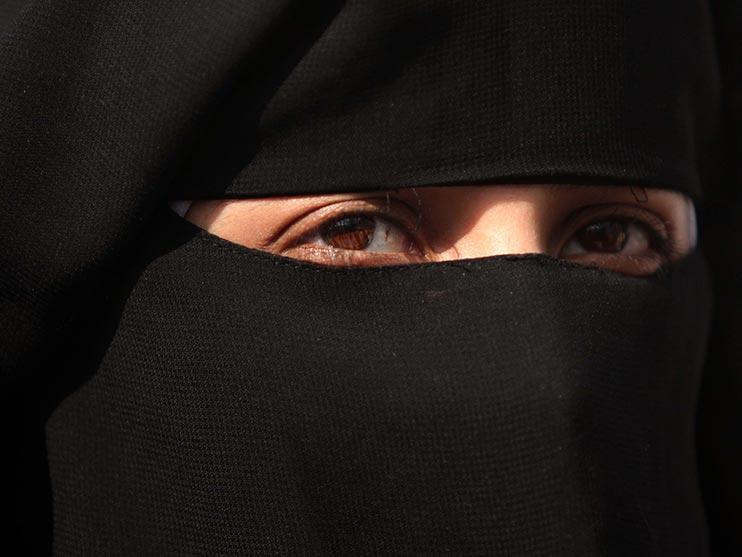German schools warned against isolating Muslim students by banning veils as politicians consider burqa ban
An 18-year-old student lost a court case against a school that told her to remove her niqab

Your support helps us to tell the story
From reproductive rights to climate change to Big Tech, The Independent is on the ground when the story is developing. Whether it's investigating the financials of Elon Musk's pro-Trump PAC or producing our latest documentary, 'The A Word', which shines a light on the American women fighting for reproductive rights, we know how important it is to parse out the facts from the messaging.
At such a critical moment in US history, we need reporters on the ground. Your donation allows us to keep sending journalists to speak to both sides of the story.
The Independent is trusted by Americans across the entire political spectrum. And unlike many other quality news outlets, we choose not to lock Americans out of our reporting and analysis with paywalls. We believe quality journalism should be available to everyone, paid for by those who can afford it.
Your support makes all the difference.German schools have been warned against alienating young Muslim students by ordering them to remove headscarves and veils after a series of high-profile controversies.
An 18-year-old student was forbidden from wearing the niqab – a full-face veil that leaves only the eyes uncovered – earlier this week after a school said it hindered her educational development.
The woman brought a claim against the Sophie School evening school in Osnabrück but lost her case in court.
The German Education and Science Workers’ Union (GEW), which represents thousands of teachers among its 260,000 members, condemned the case on Tuesday.
“A ban on full body veils is a move in completely the wrong direction,” spokesperson Ilka Hoffmann told the Neue Osnabrücker Zeitung.
“We cannot exclude women from education just because they are wearing the burqa or niqab.”
She said that school is a safe space where girls who may wish not to wear the veil can gain confidence to make their own choice, adding: “We should encourage this kind of transformation process, not hinder it.”
But the union does support a ban on teachers wearing burqas or niqabs, arguing that as representatives of the German state they must abide by its secular rules.
German politicians continue debate the possibility of a France-style “burqa ban” but critics say the controversial law would violate the right to religious freedom enshrined in the country’s constitution.
The right-wing CDU and CSU parties are currently drafting proposals to forbid full-face veils in certain public spaces as part of anti-extremism policy.
Two influential German legal associations have also been calling for headscarves to be banned for judges and lawyers to uphold “neutrality” in court.
Thomas de Maiziere, the interior minister, said he would be in favour of banning facial coverings for women in the public sector, including universities, schools, the civil service and judiciary.
Chancellor Angela Merkel also inferred she would support the move, saying that a “completely covered woman has almost no chance of integrating herself in Germany”.
Opposition parties have criticised a prospective ban, saying it is a distraction from the “real issues” of integration and radicalisation, and is alienating Muslims and spreading hate.
There have already been several controversial cases in schools, where uniform rules may be drawn up by each state, and many have regulations for teachers.
The interior ministry in Hesse argues that a full veil can be seen as an “indication of attitudes in opposition to the values of the Western world” and could “endanger neutrality.”
In 2014, a young Muslim student had her acceptance on a vocational course in Bavaria revoked after she arrived for her first lesson wearing a niqab.
A court upheld the move, arguing that the facial veil was an “objective obstacle to teaching” and caused communication difficulties, Der Spiegel reported.
A teaching student in Giessen dropped out of university after being ordered not to wear her veil, while another young Muslim woman left her university after three years during which she had worn a niqab in protest after it changed its rules.
In 2014 the Bundestag decreed that “there is no right in public spaces to be protected from religious influences” on account of the country's secular constitution, shortly after the European Court of Human Rights confirmed it was legal for France to ban full-body veils.
Join our commenting forum
Join thought-provoking conversations, follow other Independent readers and see their replies
Comments